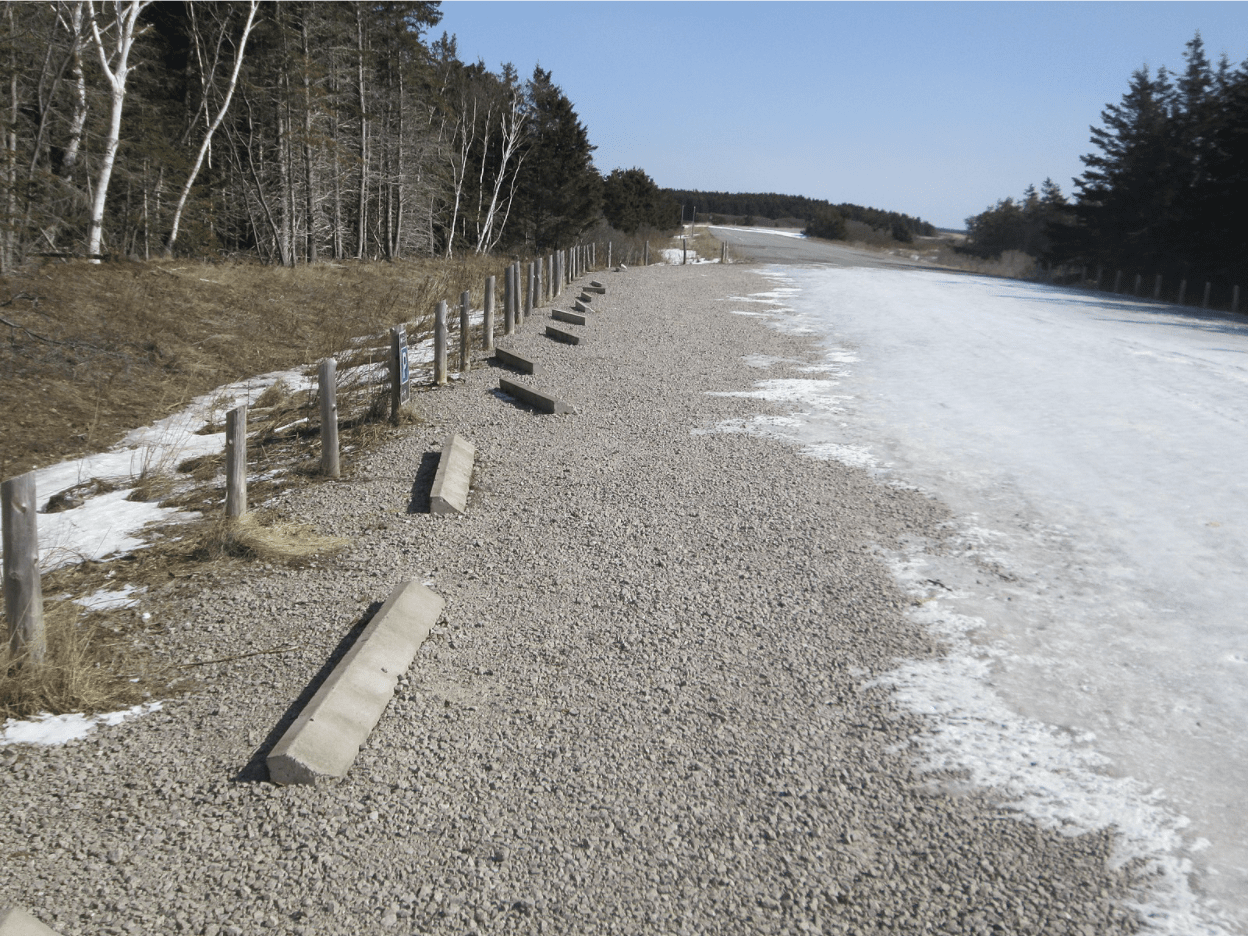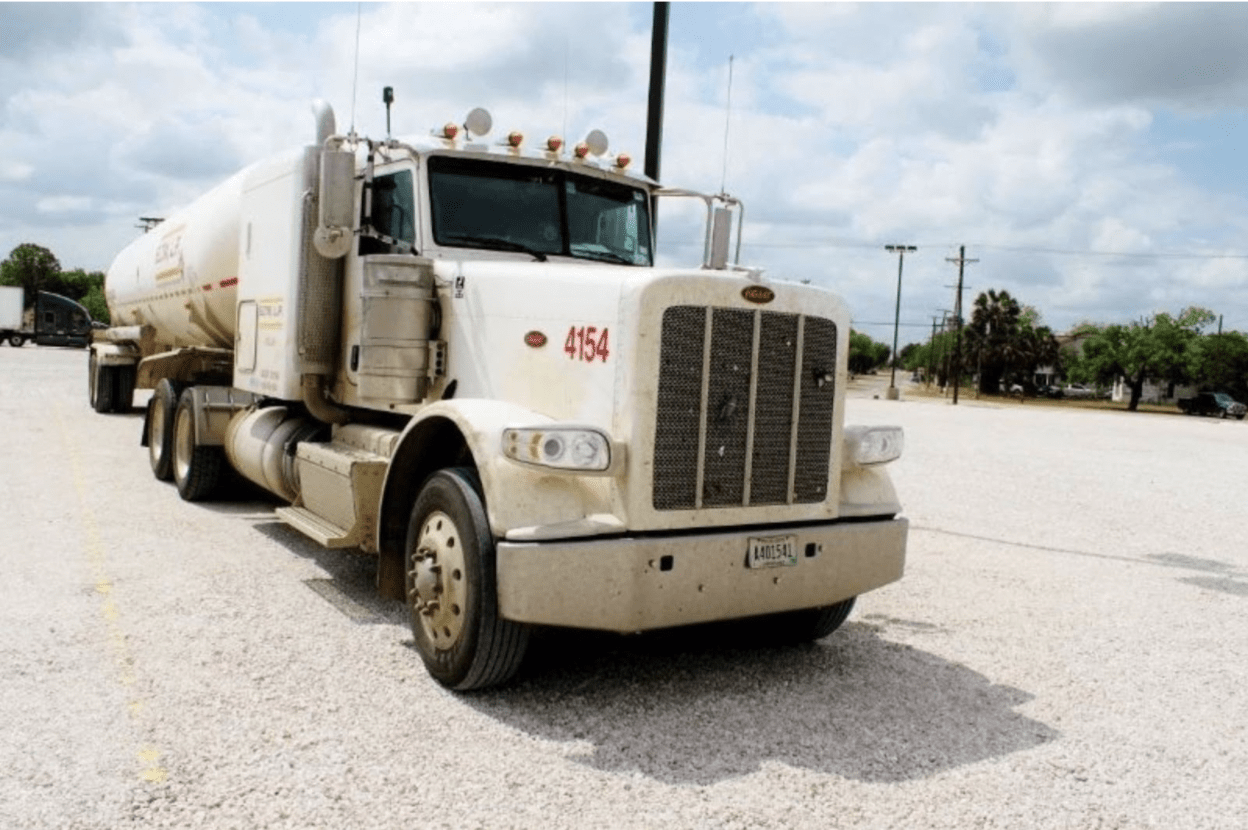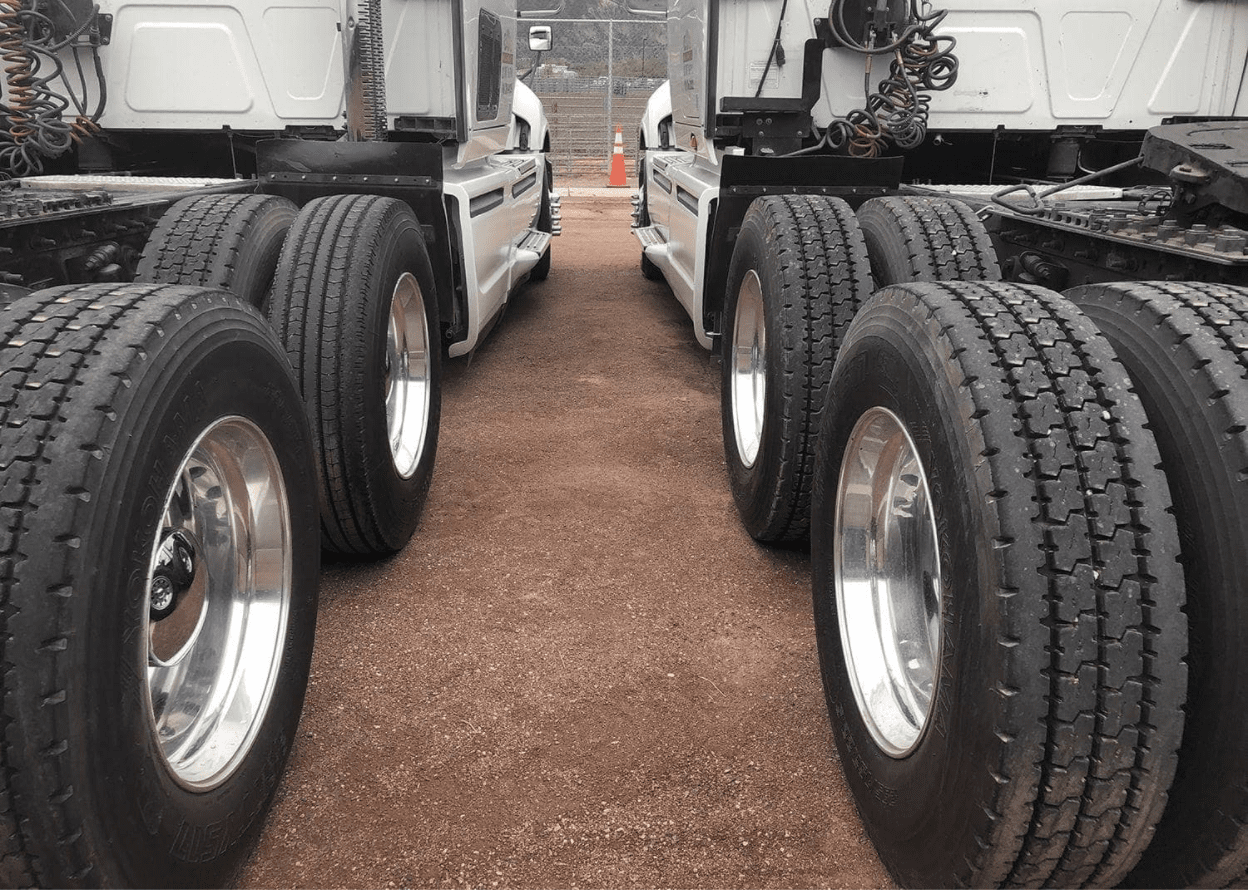There are more big trucks traveling on the roads and highways across America now than ever before. An explosion of businesses have been created over the last 5 years on shipping and delivery exclusively, including the ever-growing need for materials shipped in from all corners of the country and/or planet. 18-wheeler delivery truck drivers are tasked with keeping our shelves stocked and inventory full. This often means driving incredibly long distances on increasingly significant timetables.
Truck drivers are doing all they can to stay on schedule and deliver our goods, but they now face more restrictions than ever. In order to keep accidents at a minimum and keep drivers safe, new laws and restrictions have been placed on how long drivers can stay on the road, as well as where they can park.
It’s now illegal to pull over on the side of the road and sleep in most places, so big rigs are typically forced to either park in commercial parking lots, truck stops, or designated industrial zones within cities. The problem with using these areas for 18-wheeler parking is that the damage they do to normal asphalt and concrete is immense.
The increased maintenance requirements for lots that see a lot of big rig traffic are costing cities and business owners a hefty sum. If you need a lot that can handle 18-wheeler traffic, let’s take a look at why you should choose permeable pavement over asphalt/concrete.
Asphalt and Concrete Aren’t Suited for Heavy Loads
The average asphalt or concrete lot is not well equipped to handle the constant weight of semi-trucks driving on it. The trucks weigh much more than the average vehicle and the weight on the surface of asphalt and/or concrete does a lot of damage over time.
Asphalt will deteriorate very quickly under the weight of semi-trucks, which leads to a lot full of loose gravel. This also makes the lot susceptible to water penetration which can also damage the lot. You will need to resurface an asphalt lot much more frequently if it’s consistently used by big rigs.
Concrete can be reinforced to handle semi-trucks, but it’s very expensive to do. It would take you much longer to get an ROI on a paved concrete parking lot for big rigs than it would if you used a more viable option like permeable pavement.
Is Gravel Paving for 18 Wheeler Trucks a Better Solution?
Because of the constant maintenance required on asphalt and concrete lots that see big rig traffic, the juice is just not worth the squeeze. Reinforced asphalt and/or concrete costs a fortune, and will still need regular maintenance. This has led many to opt for gravel as a big rig parking solution instead.

Gravel is so cheap that you can just constantly replace it when needed. It’s also semi-permeable which eliminates the need for additional drainage in many cases. Handling the constant maintenance of a semi-truck parking lot built from gravel can be a huge burden. Stabilized gravel, however, is another story.
Permeable Pavement is Perfect for 18-Wheeler Parking
When it comes to constructing a lot that can handle the weight of semi-trucks with ease, there’s no better choice than permeable pavement. TRUEGRID PRO PLUS, for instance, is the most durable permeable paver on the market and is guaranteed to get you a faster ROI on a dedicated truck parking lot than any other material.
Not only are TRUEGRID permeable paving a much faster install, it costs far less to install, is eco-friendly, provides built-in stormwater drainage, and will last you up to 60 years with almost no maintenance required.

TRUEGRID PRO PLUS pavers are used in conjunction with gravel to create a stable, level, immensely durable driving surface that can easily withstand the weight of semi-trucks. They are so durable that they can handle the weight of a monster truck driving off a ramp and landing on them without breaking, and that’s before they’ve been filled with gravel.
The installation process is very simple and can be completed in a few days’ time for most lots. First, the lot area is excavated to a depth of 8 inches. Then, fabric is laid at the bottom to prevent gravel migration. Next, fill gravel is poured into the pit and compacted, filling it to the top. Then, TRUEGRID pavers are snapped into place just like LEGO blocks over the top of the gravel pit.

Afterward, more gravel is poured over the top of the pavers and pressed into the empty cells with a heavy vehicle or roller. This completes the entire installation process, making it much less complicated, expensive, and time-consuming than asphalt or concrete
TRUEGRID Makes the Best Pavers for 18-Wheeler Parking Lots
Asphalt and concrete are inferior solutions for big rig parking because they do not last long. Therefore, if you want the best gravel paving for semi-trucks, look no further than TRUEGRID PRO PLUS pavers. They are built to handle heavy vehicles, durable enough to last 60 years with almost zero maintenance, eco-friendly, and stylish to boot.
If you want the best permeable paving option on the planet, call TRUEGRID today to get in touch with a pavement professional.



